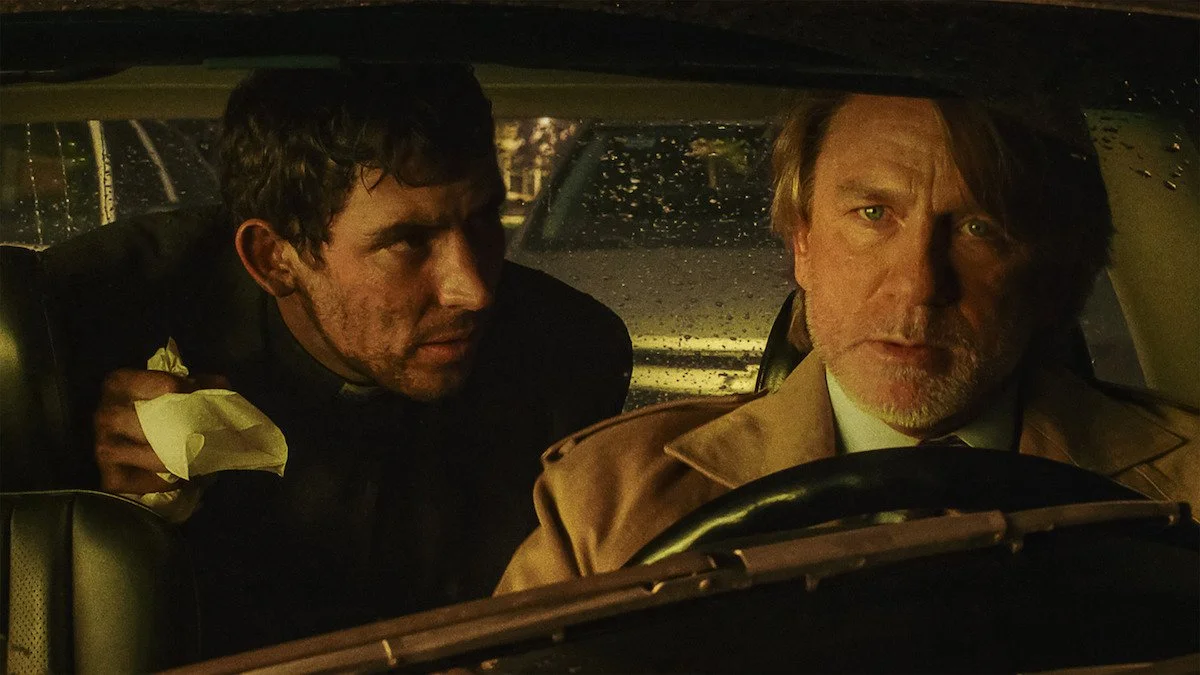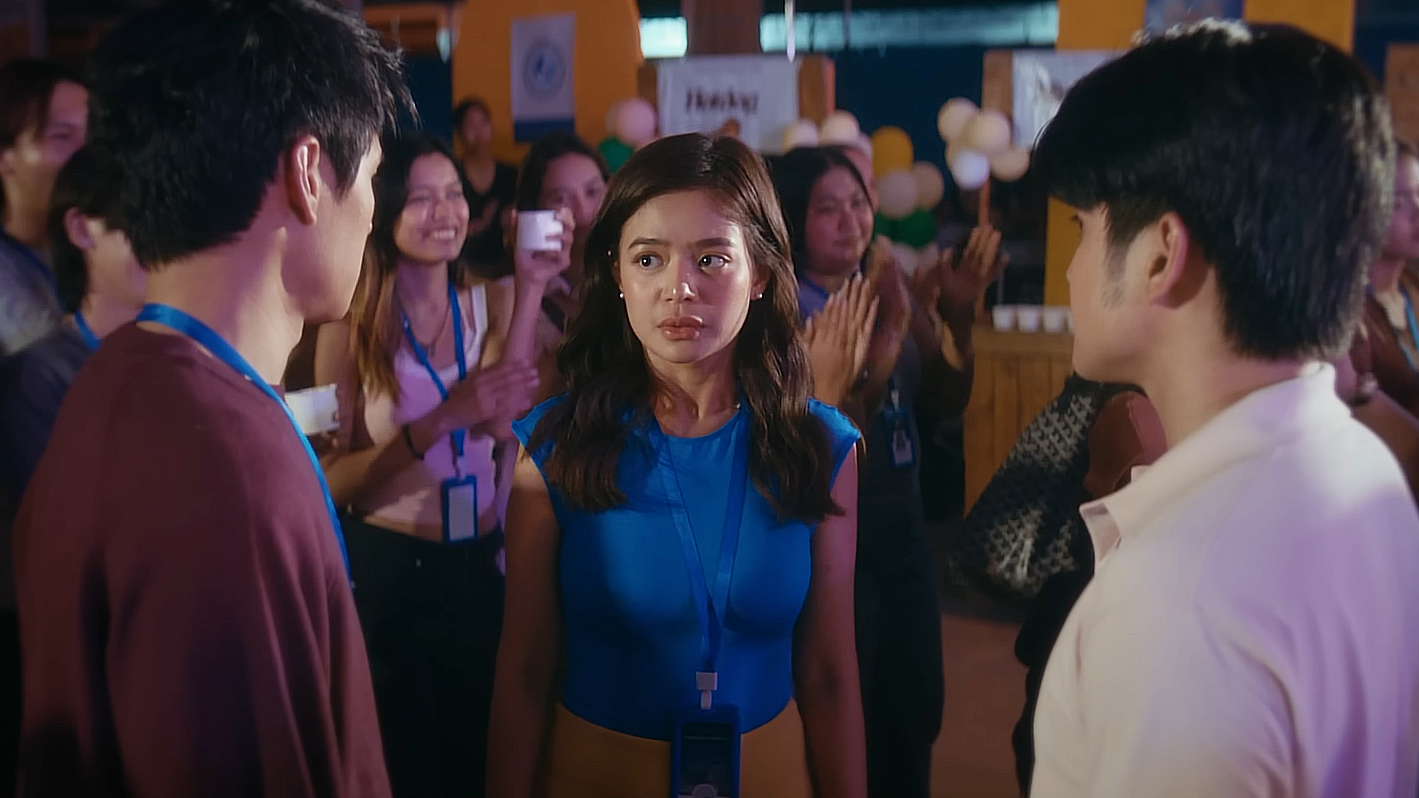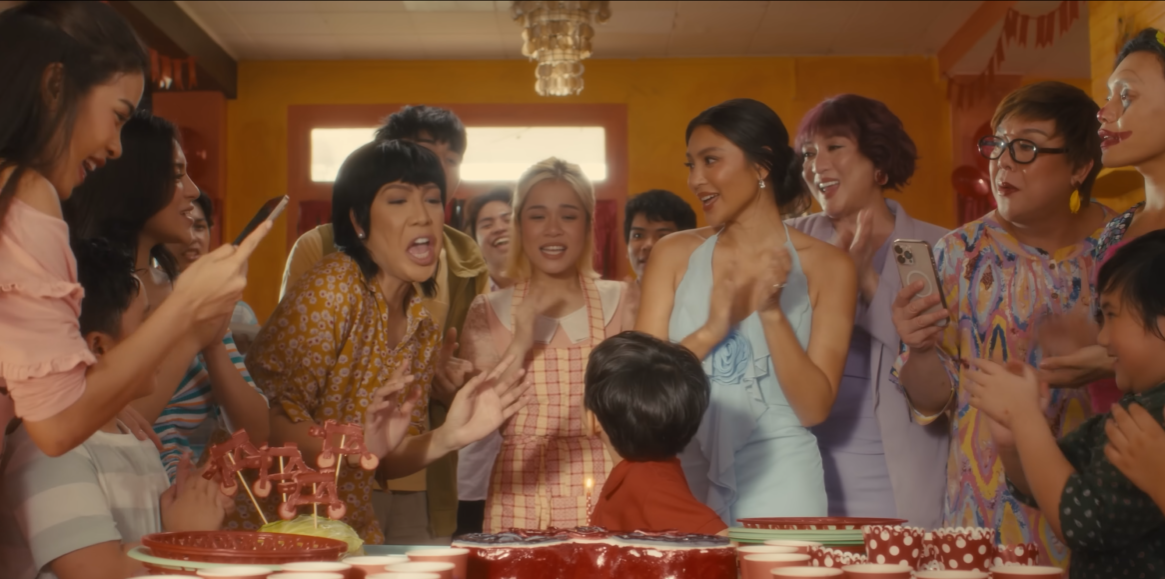‘They Shot the Piano Player’ REVIEW: The vanishing of a beloved Brazilian musician
‘They Shot the Piano Player’ REVIEW: The vanishing of a beloved Brazilian musician
They Shot the Piano Player is an animated docu-drama that follows New York music journalist Jeff Harris, voiced by Jeff Goldblum, as he travels to Rio de Janeiro to uncover the truth behind the mysterious disappearance of young Brazilian piano virtuoso Tenório Jr. It also celebrates the humble beginnings of Bossa Nova, capturing a vibrant period in the '60s and '70s, just before military coups overtook Latin America's political landscape.
Jeff Harris (Jeff Goldblum) in They Shot the Piano Player | Photo taken from the Sony Pictures Classics website
The film is directed by Spanish filmmakers Fernando Trueba and Javier Mariscal, who also collaborated on the Oscar-nominated adult animated romantic drama Chico y Rita. The film blurs the lines between fiction and nonfiction, using the animation medium to visualize the world during the rise of Bossa Nova.
I immediately thought of Richard Linklater’s Waking Life and A Scanner Darkly, which made use of rotoscope animation. However, They Shot the Piano Player follows a more direct approach in telling the narrative, transporting us to the origin story of Bossa Nova in animated form. This is where I believe the film’s strengths lie, in a way that live-action could not replicate — which is achieved through the style and color with which the animation portrays the world of jazz, particularly samba jazz, to its audience.
A recording session with Tenório Jr. in They Shot the Piano Player | Photo taken from the Sony Pictures Classics website
On the other hand, we are guided by our protagonist, Harris, voiced by Goldblum, as he takes us on this journalistic and intimate journey. Goldblum’s narrations are key in keeping the audience hooked to the story, as his characterization makes it more personal and relatable. It’s worth noting that Goldblum is himself a pianist and musician, making the Harris character someone very much his own.
Going into the film blindly, having only scanned its synopsis on Letterboxd and noting that the title is a play on the 1960 film Shoot the Piano Player, directed by François Truffaut, I had no idea Goldblum voiced the main character. Maybe it was realizing the familiarity of his voice that made me more intrigued by the overall story. References and anecdotes to the world of art — such as the French New Wave of the 1960s with films like The 400 Blows, Jules and Jim, and Breathless — and to legendary musicians like Ella Fitzgerald and Frank Sinatra weave through the narrative.
A reenactment of Jean-Luc Godard filming the 1960 French New Wave film Breathless, depicted in They Shot the Piano Player | Photo taken from IMDb
Harris invites the audience — who may not be familiar with the subject matter and this period in history — along on his trip to Rio de Janeiro, as he is tasked to write a book on Bossa Nova. Somewhere down the line, he stumbles upon the mystery surrounding the disappearance of samba jazz innovator Tenório Jr.
The film becomes a detective story through the eyes of an amateur sleuth — in the form of Harris, of course. Goldblum’s charisma, conveyed through just his voice, makes it impossible not to be drawn into his narration. He then interviews musicians, songwriters, and critics who may have some sort of connection with Tenório Jr.
Told as a journalistic piece in the visual medium, the film follows Harris as he puts the pieces together, giving us a backstory and more information on Tenório Jr.’s life. In a way, Tenório Jr. is this ghostly presence lingering in the shadows of the narrative. Relatives and close friends of Tenório Jr. also give their accounts, helping to flesh out the tragedy. Striking details surrounding Tenório Jr.’s case aren't immediately clear or direct. With its 104-minute runtime, the film wants us to wait for the payoff — for the revelation that unravels the mystery Harris is so keen on knowing.
Tenório Jr. on the piano for a recording session in They Shot the Piano Player | Photo taken from IMDb
There are various accounts about Tenório Jr.’s disappearance. Some say he may have gone out for cigarettes, to a pharmacy, or to look for a food place and buy a sandwich. But he was out at two in the morning, and perhaps he was mistaken by the military for somebody else. Ultimately, the story also sheds light on the people’s fears during a time of violence and dictatorship.
Additionally, the music accompanies Goldblum’s narration and voiceover, creating an intimate experience between the audience and the film. I find the jazz and bossa nova music grooving in the background complementing the narrations and interviews. This docudrama is all about that music, after all.
Overall, They Shot the Piano Player could’ve been shorter and more focused. A more streamlined narrative would have boosted its emotional impact, helping viewers, familiar and unfamiliar alike, connect more with the characters and the mystery of Tenório Jr.'s life.
‘They Shot the Piano Player’ was one of the films screened at PELÍCULA>PELIKULA 2024. Manila Spanish Film Festival last October 11, 2024.
















